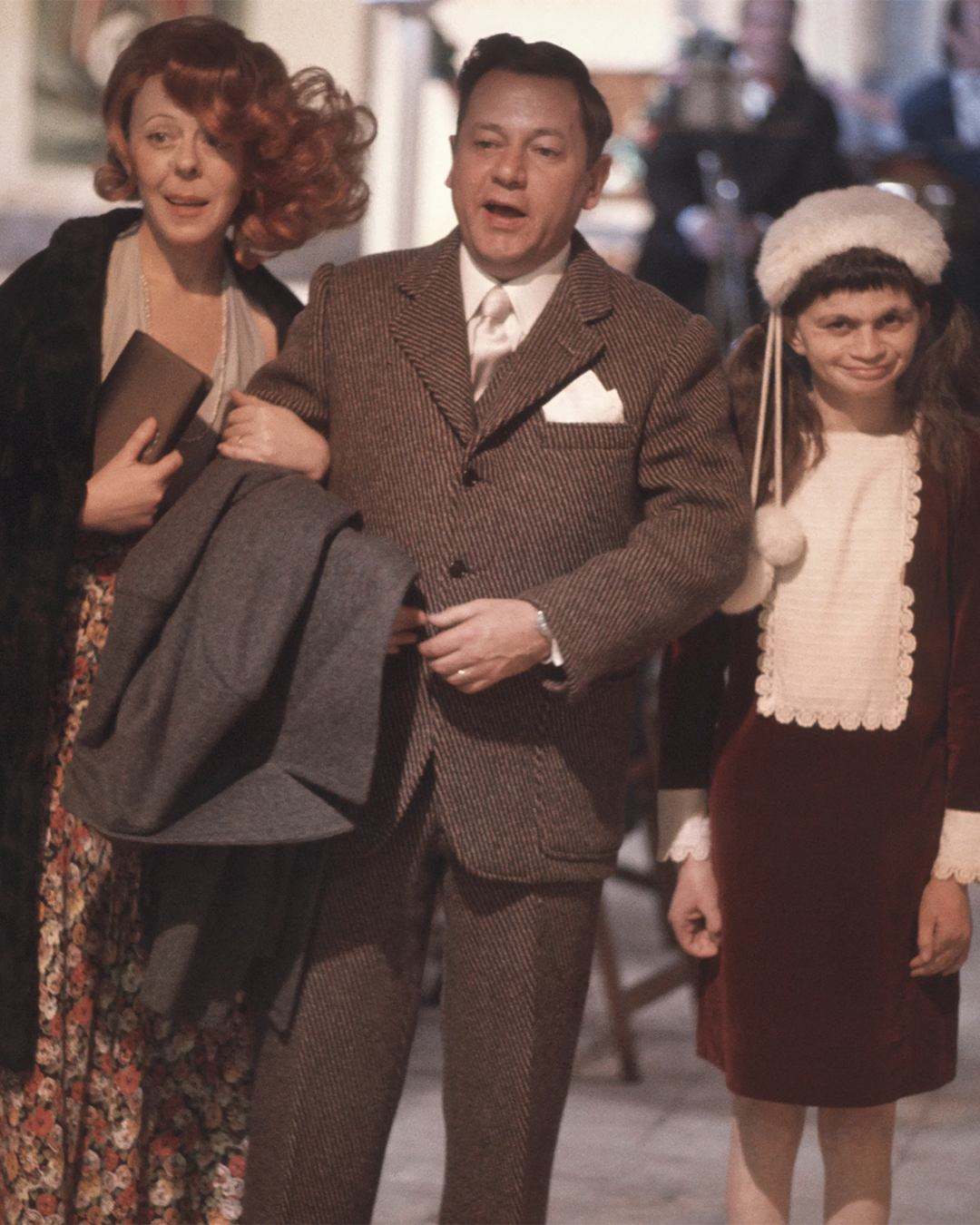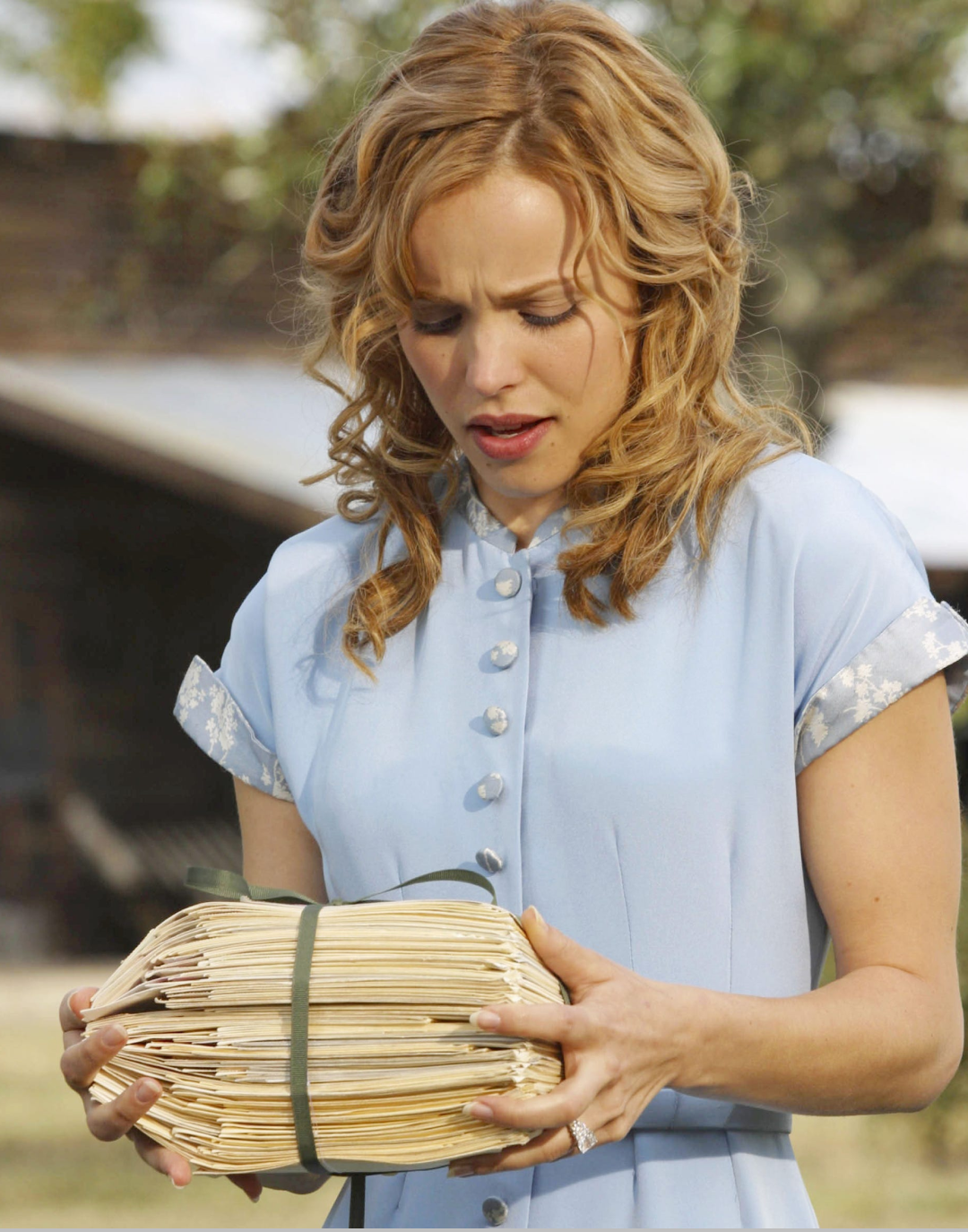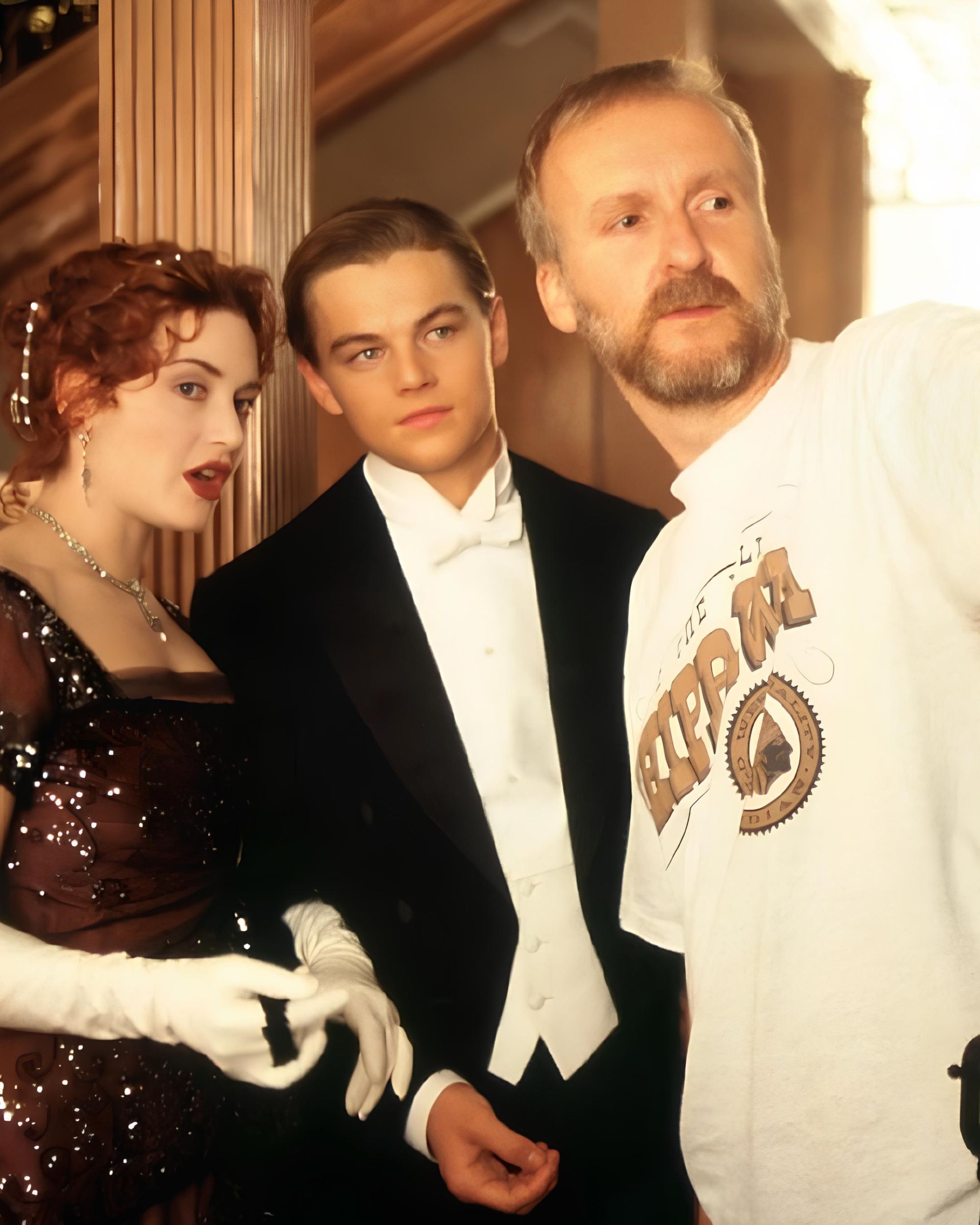
What is Zerocalcare's place in today's Italian culture? An author who talks of a generation stuck in its past
A few days after its appearance on Netflix, the new animated series Tear along the dotted line, created by the Roman cartoonist Michele Rech, aka Zerocalcare, has quickly become the most viewed in Italy, surpassing even Squid Game. Today, the hashtag #zerocalcare has become a trending topic on Twitter and Instagram while on TikTok it has already reached 6.2 million views – a success that has led legions of entire social users to rediscover his works that appeared in their final form starting from October 2011 with The Prophecy of the Armadillo and then developed more and more, branching out in all the fields that comedy can touch: magazines, film criticism, social commentary and diaries of the pandemic. The diary of the pandemic, the web-series Rebibbia Quarantine aired on Propaganda, was the spark that ignited the Netflix phenomenon of Zerocalcare and that above all brought to the forefront of public discourse an author who, as often happens in our country, had hidden for years within pop culture, inhabiting a niche that isn't even too small, but remaining separate from the mainstream, also because of his openly leftist positions that it's still frowned upon in Italy in the context of the Italian media. But what makes Zerocalcare special is precisely this: what other Italian author has ever mentioned the events of the G8 in Genoa without getting involved in controversy? Or talked about racism and sexism issues with precision and lightness together without slipping into the easy cliché?
The vast majority of the online audience has focused a lot on the quotable moments of the series, on the existentialist aphorism to share on Instagram or Twitter. Yet the root of Zerocalcare's charm is its ability to bring to the screen or on paper the concerts in the social centers of Garbatella, the rise of sovereignists and the Italian neo-fascists, the Kurdish issue explored already in the volume Kobane Calling or the events of the G8 in Genoa mixing them with references to Tiziano Ferro, Shrek, Neon Genesis Evangelion, and a whole world of Millennials' pop culture that the mainstream media simply does not represent or, worse, demonizes. It is almost a miracle that a controversy has not exploded about the fact that, in the first episode, the protagonist smokes weed in a park and tells collaterally about drug use among young people without sensationalism; while it is hardly surprising that, in front of an Italian series finally capable of honestly painting the daily life of the suburbs, also mentioning controversial political episodes, it is decided to chiosare, for example, on the use of Romanesco in series or on a completely random joke about Biella.
It should always be remembered that the cultural value of any work lies in the noise that it causes: it was from the time of Manzoni that there was not so much discussion of dialects and Italian language outside a university classroom, just as it had been a long time that the frames of an Italian series were not sifted through to catch references, details and easter eggs rediscovering 80s films, musician of the Punk or Italian indie scene; or that you did not see a girl with a dread dancing in a social center, an image that perhaps has never appeared in the Italian mainstream media but that is absolutely common in real life. Many have accused Zerocalcare of not wanting to grow, of being too anchored to the past – yet he himself remains one of the few authors in circulation capable of being progressive without sounding woke, able to talk about politics without wanting to be a politician and, in essence, able to speak without rhetoric or turns of words, in a conscious and mature way, of a daily reality in front of which the public debate itself retreats.






















































